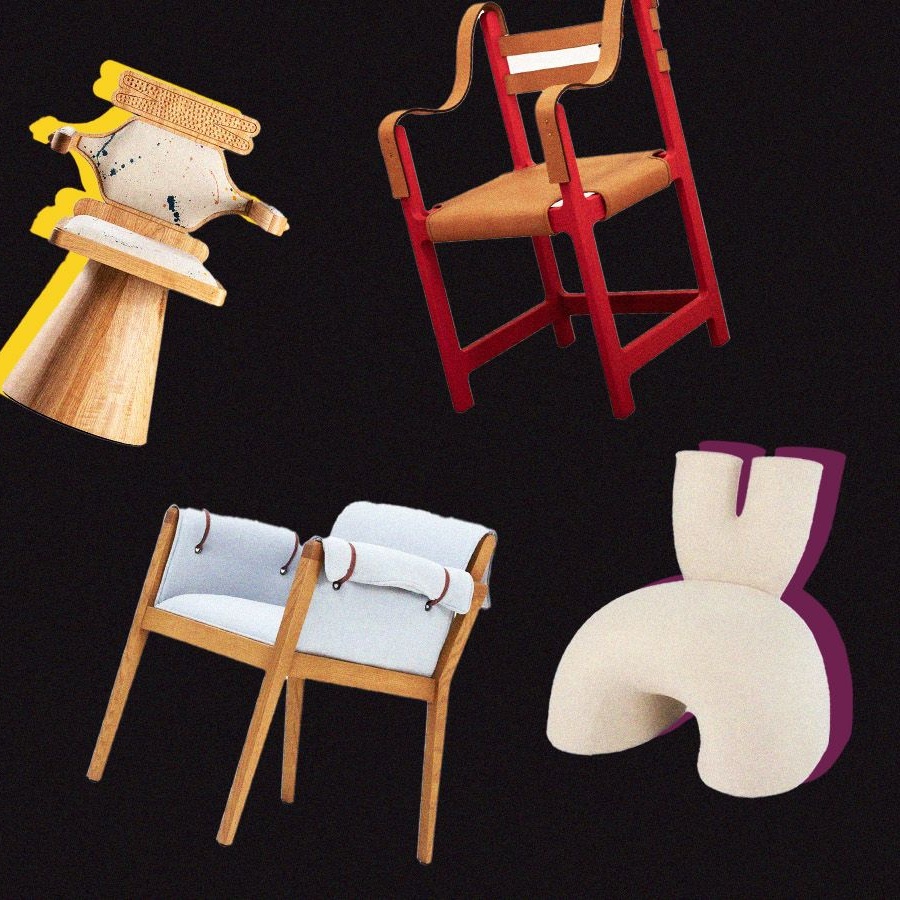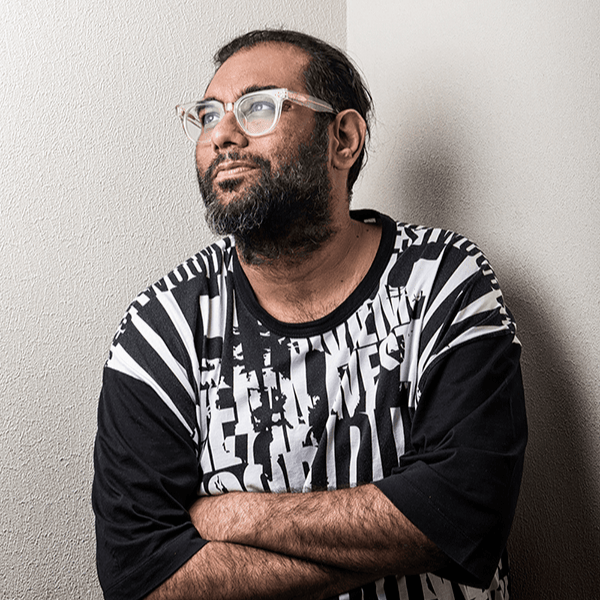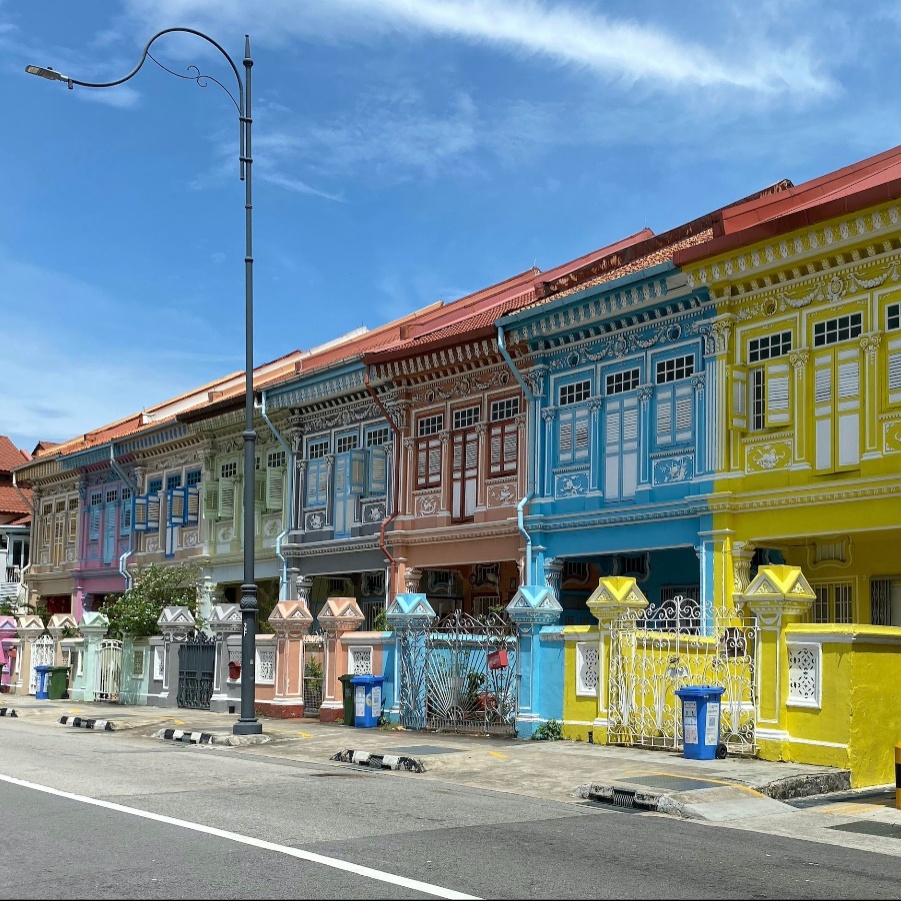The desire to reinvent the rave while blending it with their passion for all things food inspired marketeer Harshith Bangera and chef Siddharth Shetty (once regulars on the underground dance music circuit) to host Kitchen Rave, an invite-only open-kitchen concept gig held at their Mumbai cloud kitchen, The Baykery. This fresh-out-of-the-oven experiment brings together individuals equally passionate about their sourdough starters as their soundtracks, as a chef and a DJ serve up each of their specialties under the neon glow of an open kitchen. Quickly gaining traction for its unconventional setting, Bangera explains that the sensorial intermingling of smells and sounds is what draws in the crowd for this unique gig format. “When you take something as simple as watching a Korean cream cheese bun being taken out of the oven, dipped in garlic butter, and piped with cream cheese, and combine it with dance music, it changes the experience,” he says.
Having now hosted seven editions of this informal chef’s table IP that flips the format of a traditional techno gig over the last year, Bangera points out that one of the biggest reasons people love coming to Kitchen Rave is to partake in the communal act of eating with their hands family-style while bobbing along to experimental beats.
But it’s not just kitchens transforming into go-to Saturday night haunts—a wave of cafés across India is now pairing coffee brews with the freshest tunes. Inspired by ventures like AM Radio, the Los Angeles-based initiative famed for their viral DJ takeovers at cafés that evoke the vibe of a sunrise set at a music festival, coffee shop raves have emerged as a unique experience that even the sober-curious can embrace. “Since Covid, there has been a boom in coffee shops as community spaces or a ‘third place’ apart from home and work,” says Tanisha Talukder, marketing and community executive at Fika Coffee Co, which recently began hosting coffee shop raves with emerging artists at their Goa and Delhi locations. Talukder explains that while nightclubs were once also considered a ‘third place’—a space for socialising and meeting new people—they lack the intimate, community-centric experience that your favourite frappucino joint can offer. “People are becoming more experience-oriented and want to be a part of something that will give them exposure instead of just drinking and partying,” she explains, adding that the laid-back atmosphere of a coffee shop rave creates the perfect setting for meaningful conversations.
At its core, the evolution of rave culture into something more intimate and personal stems from a lingering sense of “been there, done that” boredom, which drives us toward these disruptive and unconventional formats. “There’s nothing new happening at clubs, and people want a twist,” says Dhiraaj Dobriwala, the founder of Crab Culture, a venture that began hosting parties at restaurants and cafés in Surat, Gujarat—a dry city with no clubs or bars for young people to socialise. From pizza parlours to yarn factories and even a live DJ set on the Mumbai local train, Dobriwala has seen a clear shift towards offbeat spaces that offer an immersive and experiential approach.
Another key draw is the allure of exclusivity—gaining access to spaces that feel off-limits or entirely reimagined. After all, who can resist the urge to sip cocktails while exploring interactive installations and multiple sound stages during an adults-only night at a kid’s museum, or dance between dress racks at a secret DJ session tucked away in a fashion boutique? “It’s about stepping away from a cookie-cutter experience [in a way] where you can cross-pollinate across communities,” says Bhavisha Dave, the co-founder of fashion concept store Capsul, whose shuttered-door parties across their locations in Mumbai, Bengaluru, and Ahmedabad draw a crowd of like-minded young creatives who resonate with the brand’s ethos of self-expression. Dave also points out that this year we’re going to see a shift towards micro-parties, which prioritise quality interactions and a more personal atmosphere.
As the traditional club scene takes a backseat, these inventive micro-parties are leading the charge, showing that you don’t need strobe lights or bouncers to have a killer night—just good vibes, great company, and a dash of imagination.




